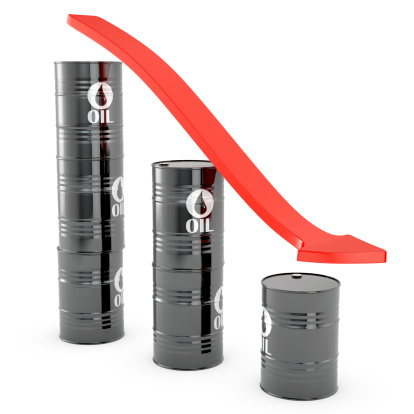
That message has not been lost on oil traders, who are pushing down their bids on both West Texas Intermediate (WTI) and Brent crude by about 1% this morning. This morning’s report that China’s industrial output grew by a lower-than-expected 9.3% is likely the immediate cause of the drop. Economists were expecting a 9.4% rise.
The connection between economic growth and demand for crude is pretty much a given, so the drop in crude prices following China’s report is no surprise. What is surprising, perhaps, is that money managers have increased their net-long positions in WTI.
According to last Friday’s Commitment of Traders report from the U.S. Commodities Futures Trading Commission (CFTC), net-long positions among money managers rose 5.5%. The thinking has to be that the WTI market, which is currently backwardated (near-term prices are higher than futures prices), will shift to contango to match the current contango in the market for Dated Brent.
It is equally likely that Brent prices will soften due to the rising supply of gasoline in Europe. The rise in gasoline inventories is due almost entirely to lower demand and there is little indication that demand will increase. That will push down the price of gasoline and the price of crude will follow.
The WTI market could easily move to contango, but the whole curve will move downward, pulling Brent prices down at the same time.
Credit card companies are handing out rewards and benefits to win the best customers. A good cash back card can be worth thousands of dollars a year in free money, not to mention other perks like travel, insurance, and access to fancy lounges. See our top picks for the best credit cards today. You won’t want to miss some of these offers.
Flywheel Publishing has partnered with CardRatings for our coverage of credit card products. Flywheel Publishing and CardRatings may receive a commission from card issuers.
Thank you for reading! Have some feedback for us?
Contact the 24/7 Wall St. editorial team.



